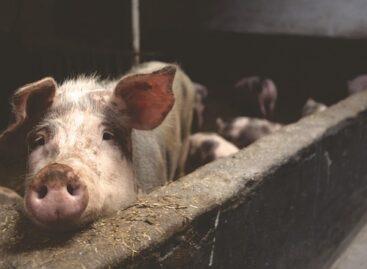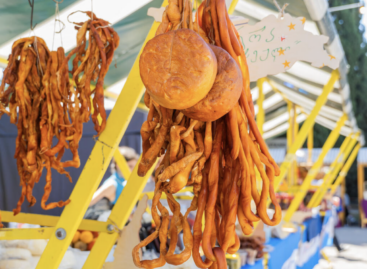World food prices slide marginally in July
Global food commodity prices saw a slight decline in July, led by lower prices for some cereals, dairy and sugar, more than offsetting firmer prices for meat and oils.
The FAO’s Food Price Index (FPI) – a trade-weighted index that measures prices of five major food commodities on international markets – averaged 170.9 points in July 2019, slipping 1.1 percent below its level in June but up 2.3 percent from a year earlier.
The FAO Cereal Price Index dropped by 2.7 percent from June but is 4.1 percent above its level in July last year. The overall decline was mainly driven by a slide in wheat and maize prices, reflecting, among others, ample export supplies. By contrast, the rice index marked its fifth successive month of stability amid generally quiet market activity.
The FAO Vegetable Oil Price Index rose by 0.8 percent in July led by firmer soy and sunflower oil prices that balanced out a further drop in palm oil values. The decline of the latter was largely driven by continued seasonal surge in crop production in Southeast Asia combined with sluggish global import demand.
The FAO Meat Price Index posted a 0.6 percent increase from its slightly revised value for June, marking its sixth month-on-month price increase.
Ovine and bovine meat prices rose further in July, boosted by robust import demand from Asia and weakening supplies from Oceania due to a seasonal decline. On the other hand, prices for pigmeat dropped slightly after four months of continued increases, reflecting larger export availabilities from Brazil and the United States.
The FAO Dairy Price Index declined by 2.9 percent from June, representing the second consecutive monthly drop, led by a decline in butter quotations followed by cheese and whole milk powder.
The FAO Sugar Price Index declined by 0.6 percent from June 2019, mainly driven by expectations of higher sugarcane yields in India, the world’s largest sugar producer. The decline in world prices was partially contained by a strengthening of the Brazilian Real against the US Dollar, a move that tends to restrain exports from Brazil, the world’s largest sugar exporter.
Related news
The producer price of domestic slaughter pigs decreased by more than a quarter in one year
🎧 Hallgasd a cikket: Lejátszás Szünet Folytatás Leállítás Nyelv: Auto…
Read more >FAO food price index falls for five months
🎧 Hallgasd a cikket: Lejátszás Szünet Folytatás Leállítás Nyelv: Auto…
Read more >Related news
Innovations, success stories and awards on the same stage
🎧 Hallgasd a cikket: Lejátszás Szünet Folytatás Leállítás Nyelv: Auto…
Read more >








